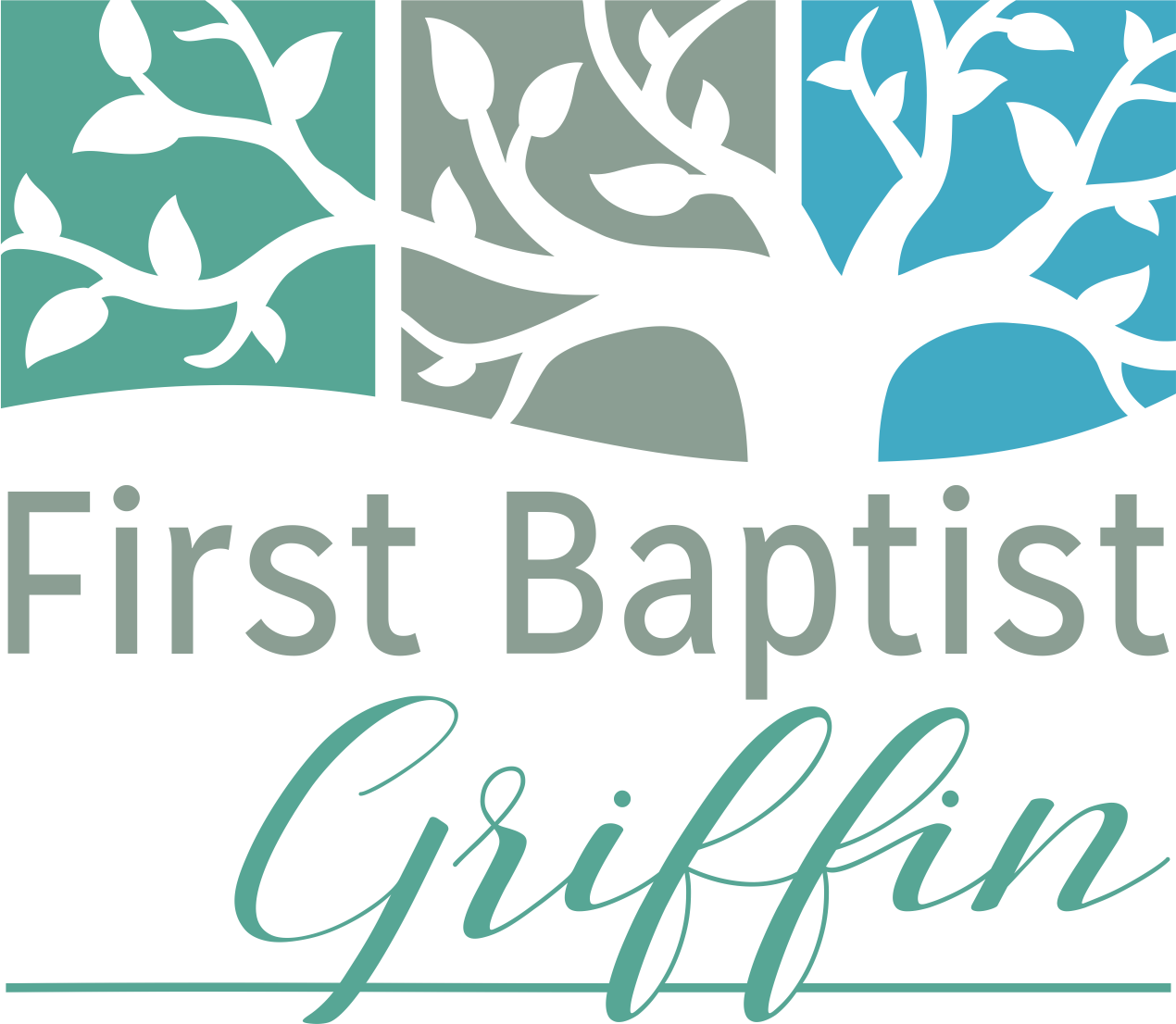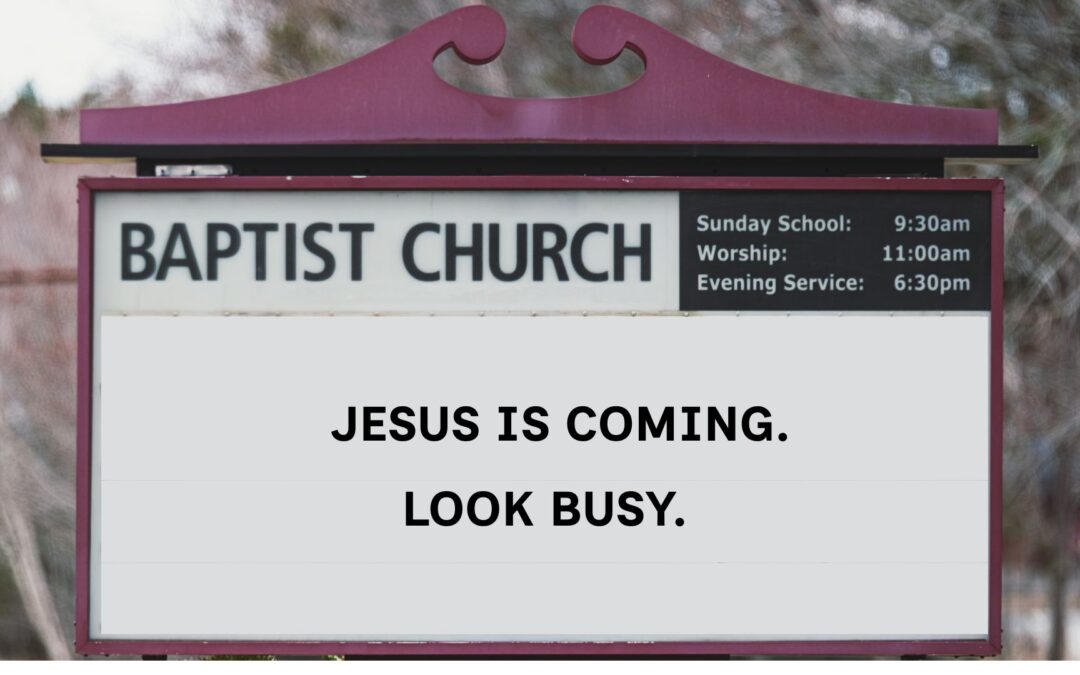By Steven Norris
As I passed by the marquee in front of the church, I knew that at least one person in that congregation had to have a wicked sense of humor. The sign read, “Jesus is coming. Look busy.” For 2,000 years, followers of Jesus have been looking for his return. In fact, social media blew up for a few days last month when a South African pastor predicted that Jesus would return on Rosh Hashanah — the Jewish New Year. I had two simultaneous thoughts: (1) Jesus told us that no one knows the day or hour — see Matthew 24:36 — and (2) God is a master at the long game.
We live in a world that is obsessed with speed. From cars to computers to food, our culture is driven by efficiency and immediate gratification. Carl Honoré even coined the phrase “the cult of speed,” to suggest that categories of fast and slow are more than just rates of change.
“They are shorthand ways of being, or philosophies of life. Fast is busy, controlling aggressive, hurried, analytical, stressed, superficial, impatient, active, quantity-over-quality. Slow is the opposite: calm, careful, receptive, still, intuitive, unhurried, patient, reflective, quality-over-quantity. It is about making real meaningful connections — with people, culture, work, food, everything.”
I came across that quote in the introduction of Slow Church: Cultivating Community in the Patient Way of Jesus by Christopher Smith and John Pattison. Much like me, these authors are weary of church that seems to be more and more driven by “plug-and-play ministries, target marketing, celebrity pastors, tightly scripted worship performances, corporate branding, and programs upon programs upon programs.” In short, they are tired of church being sold to us as another product or quick-fix scheme.
True discipleship might begin with a “personal relationship with Jesus,” but also includes a vibrant communal life with fellow believers. Knowing names is a good first step, but we also need to learn to listen to one another’s stories — to understand the “why” of their life, not just the “what.” We need the cultivation of trust that comes from knowing that our lives are caught up in one another and that my future wellbeing is intimately tied to the wellbeing of my neighbor.
Do you also sense a desire for something more? Maybe we could start by turning off the television and listening for the slow cadence of a different way of life. If you can’t hear it just yet, pick up a copy of Slow Church to read with friends. If that doesn’t appeal to you, try a copy of Dietrich Bonhoeffer’s Life Together or some of the essays of Wendell Berry (I recommend the collection, What People are For). Not a reader? Maybe just invite the neighbors over for dinner and ask them to tell you their story.
For 2,000 years, the people of God have waited for the return of Christ by gathering around a common table, breaking bread, and sharing a meal together. This is God’s “long game,” where healing takes place one meal, one conversation, one relationship at a time.

